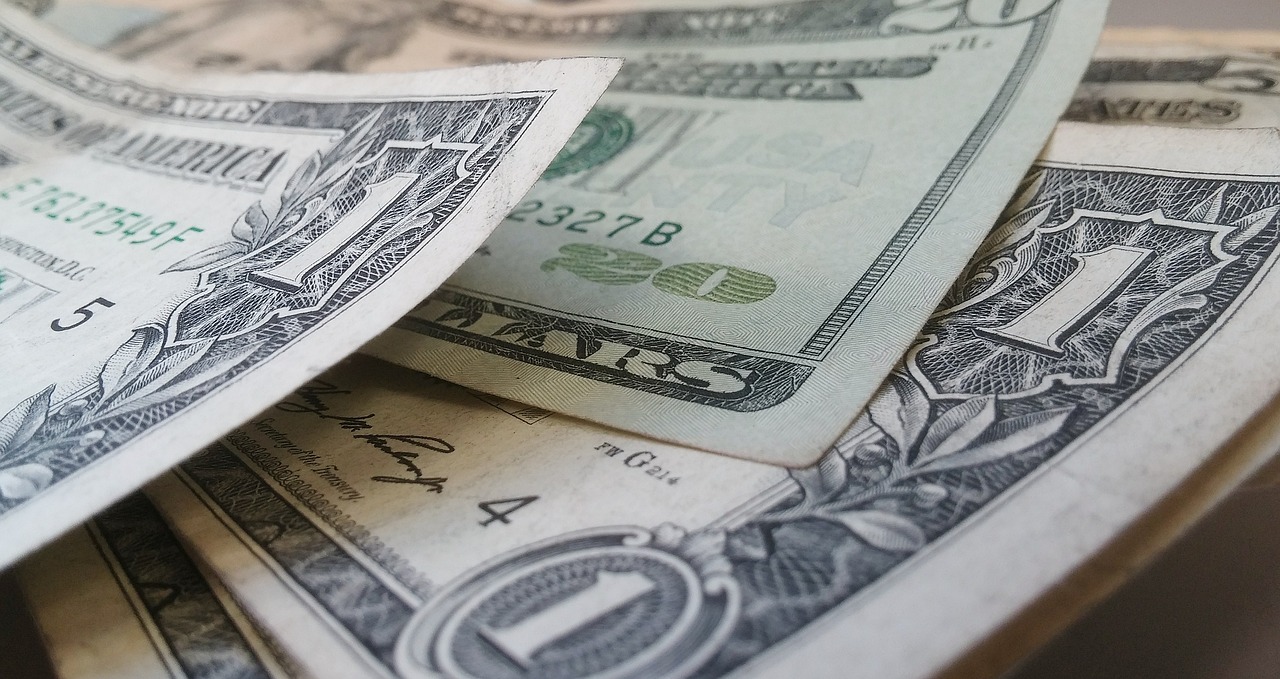Good and bad, unintended consequences always accompany economic policy. For cash-free advocates, the side effects include results we never even considered.
The Physical Impact
Eliminating cash could mean less bacteria in our lives.
NYU’s Dirty Money Project has estimated that 3,000 different types of bacteria live on a dollar bill. The most common bacteria that live on our currency can cause acne. Next come some non-pathogenic microbes and then quite a few from our mouths (since we lick our fingers when counting money). The bacteria on cash also prove that too few people wash their hands when leaving the bathroom. And still we could add tiny critters that relate to food poisoning, pneumonia, gastric ulcers and staph infections.
Curious if polymer based currency is healthier, researchers looked at Canada’s cash. Their answer was probably because plastic isn’t absorbent.
So, less cash could mean eliminating a bacterial transit system. Would it make us healthier? Yes and no. Yes if you believe fewer microbes mean less sickness. No if you think we need those microbes for the immunities that boost our disease resistance.
The Psychological Impact
Cash-free also touches our neurology.
Researchers have observed that the pain receptors in our brain can be activated when we spend cash. A behavioral economist would say the reason is loss aversion.
Because spent money is invisible when we use plastic or a smart phone, our loss aversion diminishes. The result could be less controlled spending. Looking further, I wonder if online bill paying further exacerbates the impact of cash-free transactions.
Our Bottom Line: Unintended Consequences
The unintended consequences of a cash-free economy could take us far beyond the “cash register.” They could extend to a ripple of externalities that involve physical, psychological and fiscal health.
My sources and more: Sure to include something quirky, Quartz directed me to a BusinessInsider column on money and germs. Providing more detail, this NPR article focused on The Dirty Money Project.






